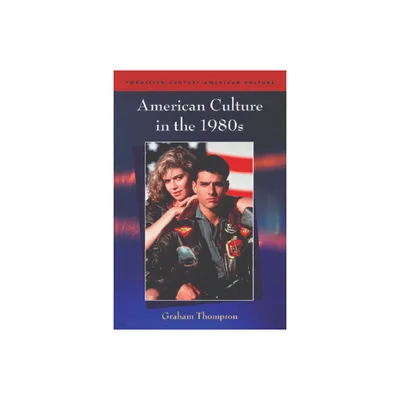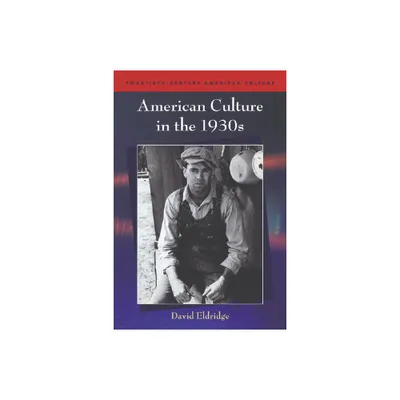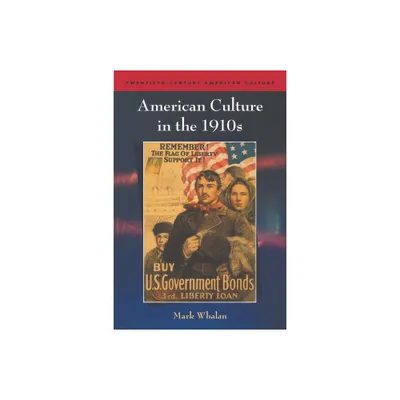Home
the Modern Temper: American Culture and Society 1920s
Loading Inventory...
Barnes and Noble
the Modern Temper: American Culture and Society 1920s
Current price: $20.00


Barnes and Noble
the Modern Temper: American Culture and Society 1920s
Current price: $20.00
Loading Inventory...
Size: Paperback
*Product Information may vary - to confirm product availability, pricing, and additional information please contact Barnes and Noble
Lynn Dumenil's
The Modern Temper
provides a unique perspective into the American Jazz Age.
When most of us take a backward glance at the 1920s, we may think of prohibition and the jazz age, of movies stars and flappers, of Harold Lloyd and Mary Pickford, of Lindbergh and Hooverand of Black Friday, October 29, 1929, when the plunging stock market ushered in the great depression.
But the 1920s were much more. Lynn Dumenil brings a fresh interpretation to a dramatic, important, and misunderstood decade. As her lively work makes clear, changing values brought an end to the repressive Victorian era; urban liberalism emerged; the federal bureaucracy was expanded; pluralism became increasingly important to America's heterogeneous society; and different religious, ethnic, and cultural groups encountered the homogenizing force of a powerful mass-consumer culture.
brings these many developments into sharp focus.
The Modern Temper
provides a unique perspective into the American Jazz Age.
When most of us take a backward glance at the 1920s, we may think of prohibition and the jazz age, of movies stars and flappers, of Harold Lloyd and Mary Pickford, of Lindbergh and Hooverand of Black Friday, October 29, 1929, when the plunging stock market ushered in the great depression.
But the 1920s were much more. Lynn Dumenil brings a fresh interpretation to a dramatic, important, and misunderstood decade. As her lively work makes clear, changing values brought an end to the repressive Victorian era; urban liberalism emerged; the federal bureaucracy was expanded; pluralism became increasingly important to America's heterogeneous society; and different religious, ethnic, and cultural groups encountered the homogenizing force of a powerful mass-consumer culture.
brings these many developments into sharp focus.

















